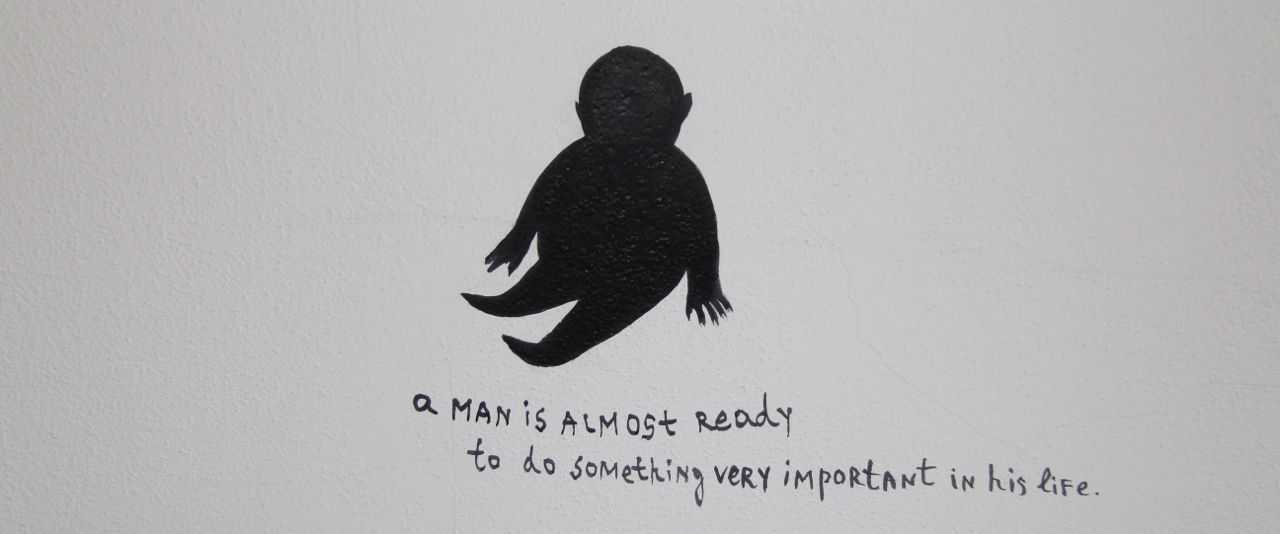I read an interesting blog post the other day by Dawn Smedley. She wrote about how to reframe your job and not to identify with it as it is. This made me think about how important a job really is and how it does define who we (think we) are. But what does that tell you about people who do not have a job, or who have a job with low responsibility, less status, …
This is a discussion I have with one of my daughters who is in puberty. She cannot understand how someone takes a job that is in her eyes of less value. This is an interesting discussion because it’s not so much about the job content but about the (societal) appreciation of that job. When I tell her that anyone can be proud of what he or she does in any job, she has difficulty to understand that. And I hope to help her in discovering the value of what someone does and the dignity anyone has. That’s education.
There are two things that I want to stress:
(1) what you do does not define who you are. Defining yourself by your job is reductionist.
(2) Dignity is much more important than competence.
Dignity is about apprecation, acceptance and intrinsic values. Competence is behavioural, normative and observable. Work has become so important that it has come to overshadow our dignity. And this is illustrated by focussing on the loss of work. When someone loses his job this is felt as an attack on his dignity. That is because this event is felt like a negative appreciative. There are feelings of outrage, disgust, anger, fear, … People feel useless and they develop doubts about themselves, their competencies, their contribution. Recently a union member committed suicide in the context of a factory shut down. That is how important work can be.
Feeling useless is one of the worst things that could happen to someone. People need a purpose to keep their dignity. That is why a job is so important. The most important thing about a job is having one. Because it’s not only a source of income, it’s also a source of identity. I am what I do. And that’s a risk. Therefore it is important to develop a sense of identity outside of work: I am a friend, a colleague, a parent, a volunteer, a citizen, … I am me. Everytime something changes in one of those roles, one needs to reinvent oneself, redefine one’s identity and keep a sense of dignity.
If we let our identity and our dignity depend on something temporary like a job or status, we risk to lose it some day: when we lose the job, when we retire, … We are more than our job.





